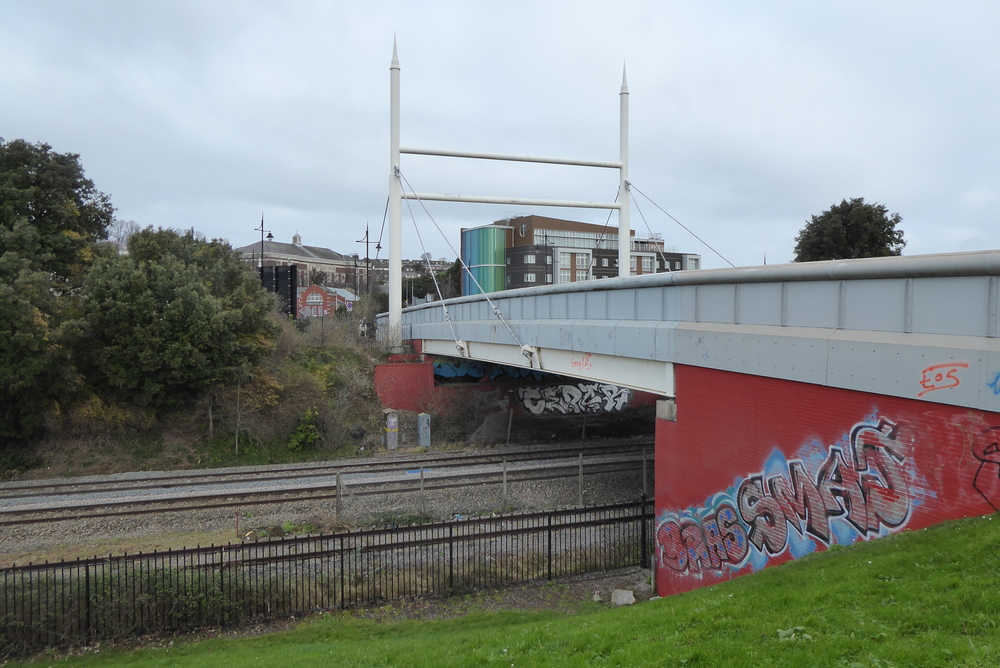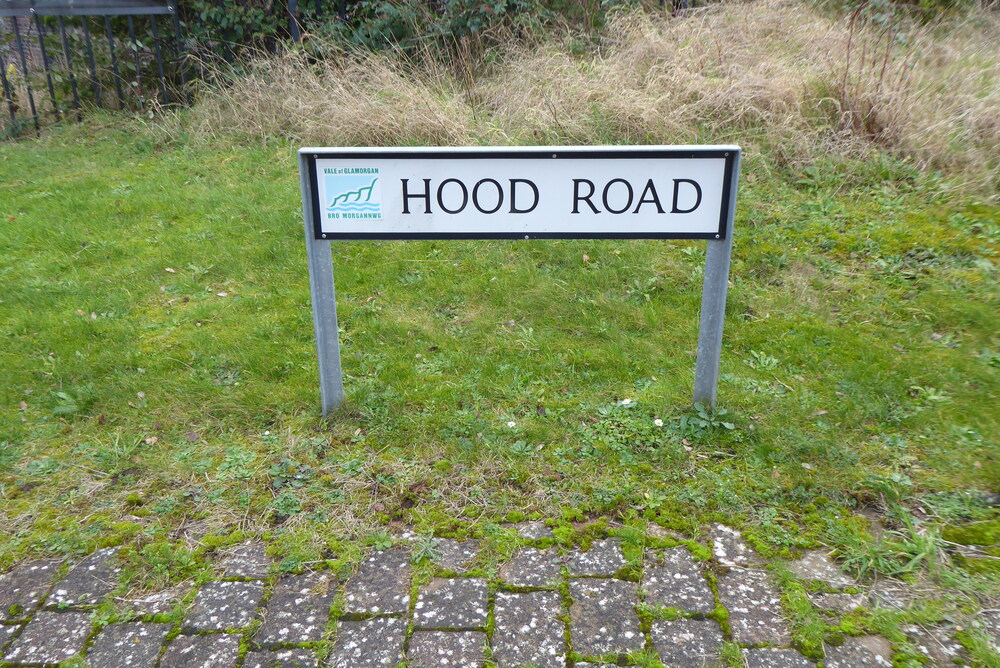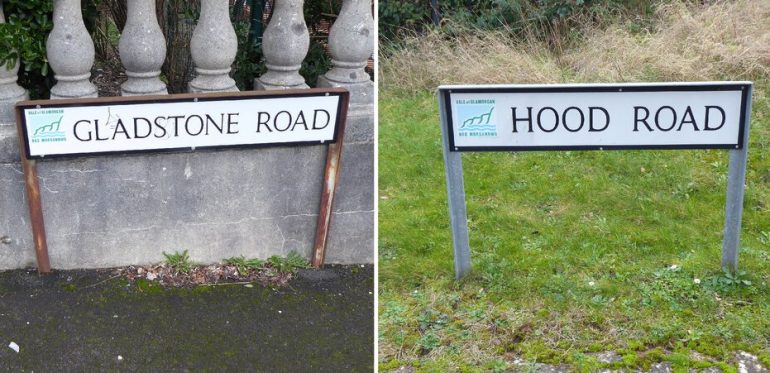Vale of Glamorgan panel was supposed to ‘tackle prejudice in all its forms’
A REVIEW panel set up by Vale of Glamorgan Council in the wake of the Black Lives Matter movement has met only once.
The panel was supposed to review all statues and commemorations, including street names, public buildings and plaques across the Vale that might have links to slavery.
Black Lives Matter Cardiff and Vale said: “This review panel is merely a performative gesture nothing more.”
Following the announcement of the panel in November 2020, Councillor Liz Burnett, told the Penarth Times: “I’m grateful for the Black Lives Matter movement for being the catalyst to bring this onto the agenda.”
But over a year later, the review panel has only ever met once, to confirm its terms of reference.

Black Lives Matter Cardiff and Vale said: “Large institutions like the council set up these review panels to appease those calling for change without the council actually having to make any change.
“If the council wants to create real change they need to meaningfully engage with the community and listen to voices of the community.
“In order for us to create a better future we must acknowledge the past.”
Vale of Glamorgan Council did not respond to a request for comment.
In announcing the beginning of a review in June 2020, council leader Neil Moore described the policy as: “A further example of the council’s determination to tackle prejudice in all its forms.”
“It is vital those on public land are representative of local people’s values and those of a modern, inclusive council.”
Cllr Neil Moore
The advisory panel was supposed to listen to the views of people from towns and communities across the Vale to decide a way forward.
In November 2020, First Minister Mark Drakeford ordered an urgent audit of statues, street and building names to address Wales’ connections with slavery and the slave trade.
The audit identified 209 monuments, buildings or street names, located in all parts of Wales, which commemorate people who were directly involved with the slavery and the slave trade or opposed its abolition.
The audit, led by Gaynor Legall, found that “commemorations of people connected with the slave trade are often shown without any accompanying interpretation to address matters of contention.
“Without this, the figures are presented solely as role models rather than representatives of challenging aspects of the past.”
The research also found there are “alarmingly few Welsh people of Black or Asian heritage commemorated across Wales, showing there is a need to consider how we should celebrate the contributions that all parts of our community have made to our country.”

In 2021, First Minister Mark Drakeford said: “While the tragic killing of George Floyd happened almost 4000 miles away, it sparked global action that shone a light on racial inequality in society today.
“That inequality exists in Welsh society too and we must work towards a Wales which is more equal. To help us do this, we need a clear understanding of the legacies of the slave trade and the British Empire.
“This is not about rewriting our past or naming and shaming. It is about learning from the events of the past. It is an opportunity for us to establish a mature relationship with our history and find a heritage which can be shared by us all.”
The audit identified a number of street names in the Vale with possible connections to slavery including:
- Gladstone Road, Barry
- Gladstone Gardens, Barry
- Hood Road, Barry
- Nelson Road, Barry
- Clive Road, St Athan
- Picton Court, Llantwit Major
Why do some people think street names should be changed?
A number of historic figures who have had streets and other areas named after them in Barry and the Vale of Glamorgan have been criticised by groups like Topple the Racists for supporting the slave trade or failing to support the abolition movement.
The Black Lives Matter protests in the wake of the killing of George Floyd and the toppling of the Edward Colston statue in Bristol persuaded many local authorities, including the Vale of Glamorgan Council, to pledge to review the slavery links of their monuments, buildings and street names.
One such controversial figure is former Liberal prime minister William Ewart Gladstone who gives his name to streets, a park and a bridge in Barry.
Gladstone’s family held slaves on plantations in the Caribbean and he used his maiden speech in the House of Commons to support his father’s interests and argue against the abolition of slavery.
When Gladstone’s efforts failed, his family received significant compensation for the freeing of their slaves.
In June 2020 the University of Liverpool agreed to rename a building named after Gladstone following a campaign by students.
Other figures with streets named after them in Barry and the Vale include prominent naval officers such as Horatio Nelson and Samuel Hood who took part in colonial wars and failed to support the abolition movement.
‘Extensive Costs’
A 2021 investigation by LBC found that renaming streets in residential areas can incur large costs to local authorities and suggested that several councils who initially announced plans to review street names in the wake of BLM protests last summer appear to have quietly shelved or delayed the plans.
The cost can be especially high when street names are changed in residential areas because compensation may need to be paid to residents who have to change their address details for bank statements or bills for example.
The Cardiffian contact the Vale council for comment several times but it did not respond.



